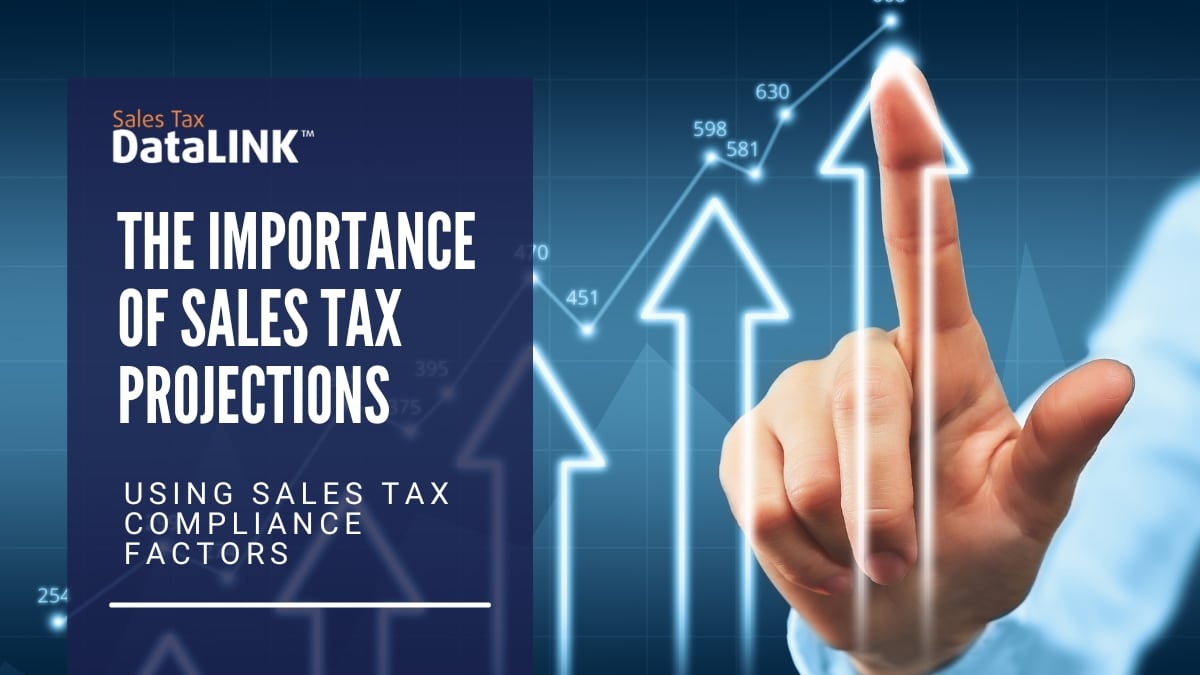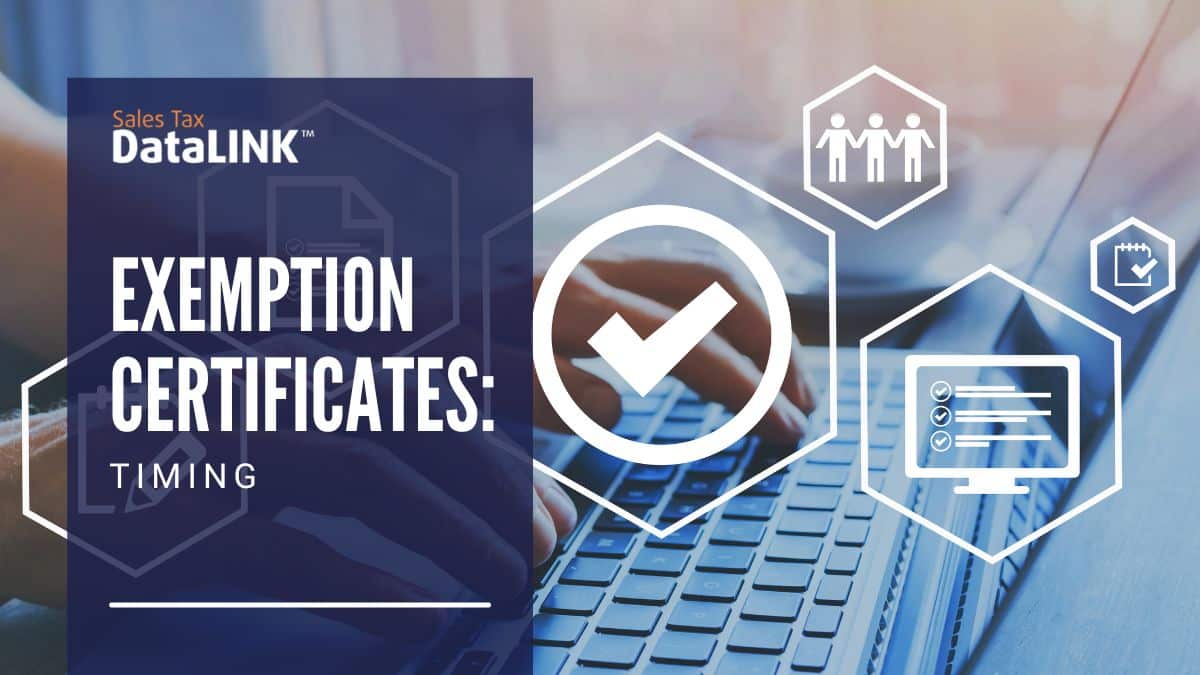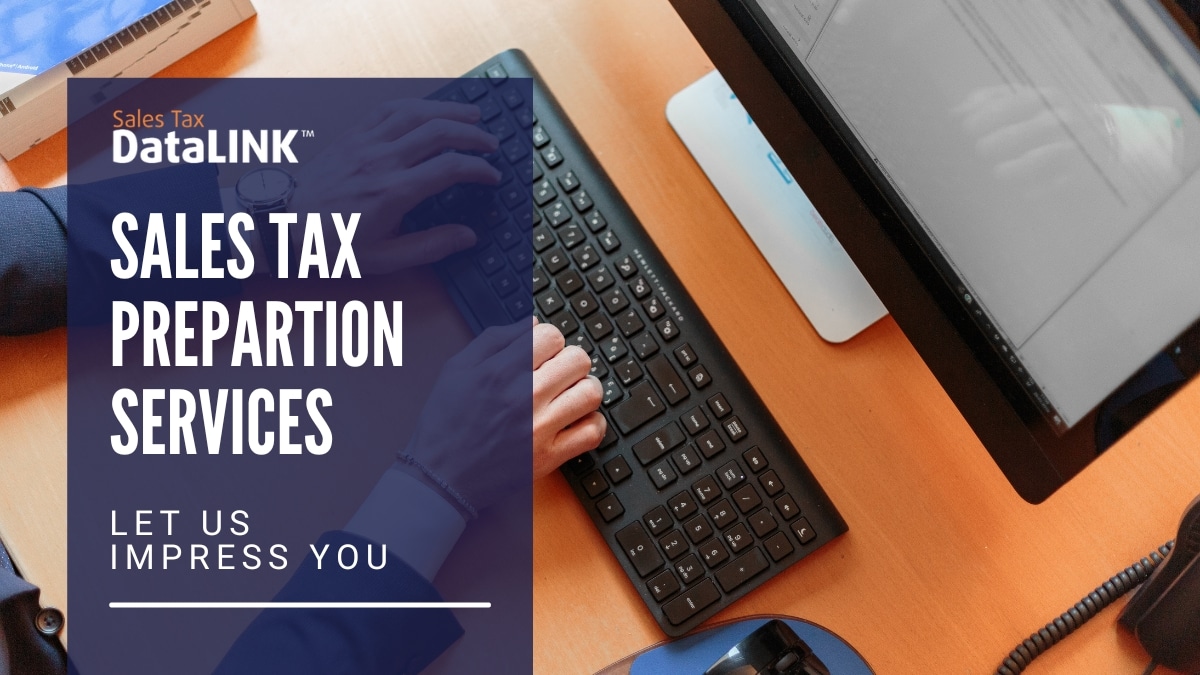One vital tool in business planning is sales forecasts—these tell you if you’re on target for your growth goals and how well your business is doing. They’re also a vital tool for sales tax, although few people use these forecasts for anything to do with sales tax. When you own a small business, it’s important to gauge how much time and money you need to invest in sales tax processing and at what levels you need to change what you’re doing. Forecasting sales figures can help you get there. Forecasting sales tax, however, is a bit trickier than forecasting sales because it’s dependent on the price of goods, taxability, and nexus.
Estimating your overall sales tax comes down to using sales tax compliance factors on top of forecasted sales. When you’re creating your sales tax forecast, you need to think about the following aspects that aren’t included in normal sales-style projections: Situsing —the tax jurisdiction where the title is transferred. Exempt sales by customer or product – your sales tax projections will be less than you might expect. If you’re going to create new nexus in other jurisdictions—this will increase the amount of sales tax you’ll collect. Tax Statutes and Regulations cover the taxability of products or services sold. While it’s difficult to anticipate your product going viral, projections about how much sales tax you’ll be liable for can help you determine what steps to take next. For instance, asking yourself at what points when your sales tax projections are met will result in material tax liability.
At what point does the volume of sales grow to where you can’t handle sales tax filing on your own? Is there a point when you need to outsource sales tax or hire someone to help? When can you invest in sales tax software, like ours, to automate your process? What thresholds of sales tax liabilities do you need to hit for the risk to be enough to warrant the expense? What amount of sales tax triggers a series of routine self-audits? When is there, not enough time in the day to handle compliance in general? The first three are important to the sustained growth of your business just as much as the volume of sales and staying on target for your projections. The fourth is important to keep your sales tax staff happy—after all, when you’re doing huge amounts of sales tax processing, your sales tax staff becomes more and more valuable and an important part of your business.




